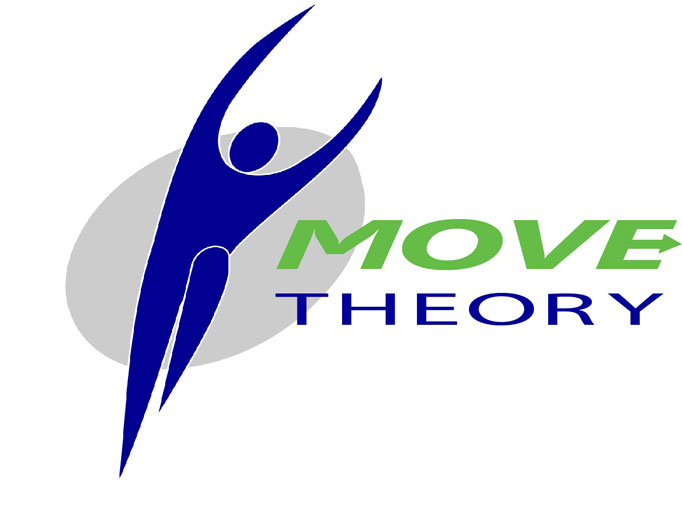How “Play” Plays into Success

Dr. Kwame Brown, founder of Move Theory, visited Gymtime earlier this summer and shared his knowledge on how a play-based curriculum sets a child up for success. Read on to learn more about Dr. Kwame and his theory.
Why We Are Talking…
I am grateful that Gymtime asked me to come on their blog and discuss play. Sure, I’m a “play” guy. But so many think that I am a “play” guy because I want to sing “Kumbaya” and roast marshmallows, and be lazy. This couldn’t be further from the truth. The fact is I am a play guy because the evidence and my 15 years of experience working with kids and families led me there. The major roadblock to play these days is that so many parents, teachers and coaches are concerned on success. In many instances this leads us to design educational programs that focus on repetition and forcing the acceleration of development to assure short-term test results – or short term success. We are “academizing” kids earlier and earlier.
a·cad·e·mize [uh-kad-uh-mahyz]
verb (used with object), a·cad·e·mized, a·cad·e·miz·ing.
to reduce (a subject) to a rigid set of rules, principles, precepts,etc.: futile attempts to academize the visual arts.
As parents, we want our kids to be successful in life, not just school or job status. I believe that we need to take a step back and look at the elements that actually help kids become successful in life. By the time you finish this article, you will realize (I hope) that the most efficient and effective way to achieve long term success is through play. This is by no means an exhaustive article, exploring all the evidence for play. It is a start, with a few thoughts, questions, and resources about the elements of success to get you thinking about the value of play in your child’s life.
Play and the Elements of Success:
1. Creativity (thinking outside the box)
Play, when guided in the right manner, allows children to be creative and explore different ways of approaching problems. Academization, introducing rigid repetition in early childhood, forces children to learn set ways of doing things. Which approach do you think will breed our next generation of innovators?
2. Resilience (recovering from adverse events)
The ability to recover from failure is essential for success. This makes play essential for success. If kids are told how and when to do everything in order to “ensure success” – they never get to experience failure. Play is all about figuring things out. Play also gives kids a space to work out their problems in a pressure free environment.
3. Social Interaction (empathy and ability to communicate with peers)
Sure, you can put kids together in groups and have them perform tasks. But social interaction during make believe and physical play has been shown to be the most effective at developing language and interaction between kids
4. Self-regulation
A recent study found that the ability of kids to regulate their own behavior was a pretty reliable predictor of future success. Now, one might say “well, then kids need lots of rules early on.” Not so fast! The study referenced the ability of children to regulate their own behavior, not their ability to be regulated by others. This is a stark difference. Play gives kids a chance to work out problems, and the guidance adults can give during play helps kids learn to take charge of their self-regulatory abilities during self-directed activities.
To sum it up…
Can you see why play is so important for success? We might be asking at this point “Why the heck do we need teachers then?” Aha! That is an excellent question.
The fact is, it takes a great deal of knowledge as well as a strong understanding of the nuances of behavior and development to optimize guidance during play. Simply leaving kids on their own to play without guidance means some of the negative aspects of play will flourish: excessive bullying, dominance and destructive play. Teachers help today’s busy parents (the most important influence in a child’s life) by extending some of that guidance in a way that serves kids as individuals within the group. So the next time you or someone else thinks that play is wasting valuable “instructional time” – think again.
SHARED By: Dr. Kwame Brown
Dr. Brown has spent 22 years studying a variety of movement disciplines. He has spent 15 years exploring and applying the science of movement development, and operational/programming strategies to help kids enjoy physical activity. Now, Dr. Brown has started Move Theory, a company employing playful, practical, comprehensive approaches to solving childhood inactivity.









